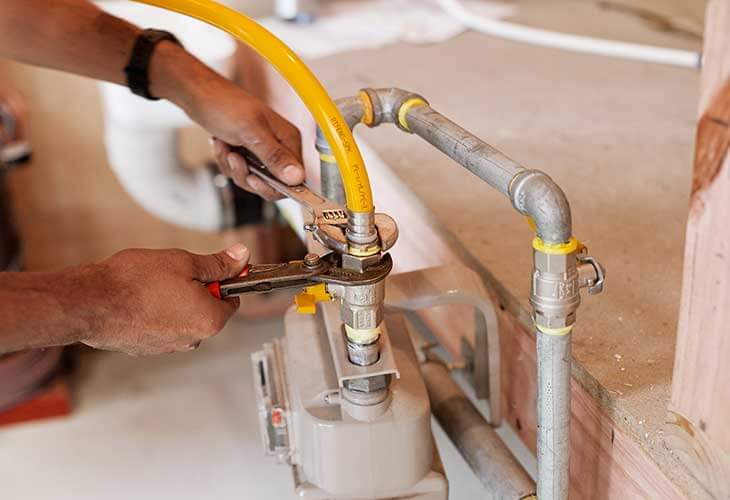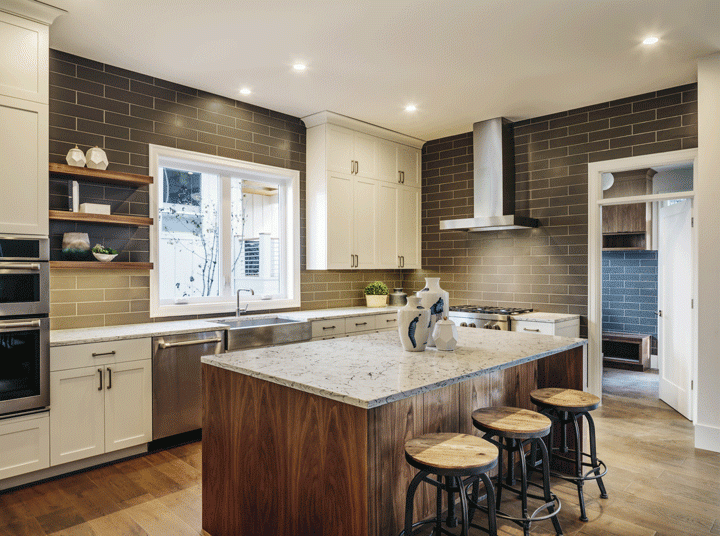Hot water is necessary for any Melbourne home, especially during the colder months. If it’s been a while since you opted for hot water installation in Melbourne and need to repair it for maximum performance, you have come to the right place! It’s important to properly maintain your hot water system for its smooth and efficient functioning.
Regular maintenance can improve your hot water system’s performance and extend its lifespan, saving you money in the long run. This blog post will discuss maintaining your hot water system in Melbourne and ensuring optimal performance.
How to Maintain Your Hot Water System in Melbourne for Optimal Performance?
1. Check the pressure relief valve
The pressure relief valve is an essential safety feature of your hot water system. It helps to prevent the tank from over-pressurizing and exploding, which could cause significant damage to your home and pose a safety risk to you and your family. Therefore, checking the pressure relief valve is crucial to ensure it works correctly.
To check the pressure relief valve, place a bucket under the valve and open it to release some water. If the water flows smoothly and stops when you close the valve, it works correctly. If the valve fails to remove moisture or the water doesn’t stop hovering, you may need to replace it. You should perform this task every six months to keep your hot water system functioning optimally.
2. Flush the tank
Sediment can accumulate in the bottom of the tank over time, reducing the efficiency of your hot water system and causing potential damage that may require you to call 24-hour plumbers in Melbourne. Flushing your hot water tank can prevent this buildup and help your system operate more efficiently.
To flush your hot water tank, first, turn off the power supply to the hot water system. Next, attach a hose to the drain valve at the bottom of the tank and open the valve to let the water run out. Once the water runs clear, close the valve and turn the power supply back on.
3. Inspect the anode rod
The anode rod is a crucial component that helps prevent corrosion in your hot water tank. It attracts rust and other corrosive materials, which would otherwise damage the tank. The anode rod can become corroded after a while and need replacement.
To inspect the anode rod, turn off the power supply to the hot water system and locate the anode rod. Remove the anode rod and check it for corrosion. If it’s more than 50% corroded, it’s time to replace it with a new one. Regular inspection and replacement of the anode rod can help extend the lifespan of your hot water system and prevent costly repairs.
4. Check for leaks
Water leaks can cause significant damage to your hot water system and your home, so it’s essential to check your system for leaks regularly. Look for signs of water damage, including puddles, dampness, and discoloured walls or ceilings. Check the valves, pipes, and connections for any signs of leaks or corrosion.
If you find any leaks, contact an emergency plumber in Burwood to fix the issue immediately. Fixing leaks can prevent costly repairs in the future, extend the lifespan of your hot water system, and help you save money on energy bills.
5. Test the temperature and pressure relief valve
The temperature and pressure relief valve is another essential safety feature of your hot water system. It helps prevent the tank from overheating and exploding, which could cause significant damage to your home and pose a safety risk to you and your family.
To test the temperature and pressure relief valve, turn off the power supply to the hot water system, and lift the valve’s lever slightly. You should hear a hissing sound indicating that the valve is working correctly. You may need to replace the valve if you don’t hear anything. You should perform this task every six months to keep your hot water system functioning optimally.
6. Inspect the thermostat
The thermostat is responsible for regulating the temperature of the hot water system. A malfunctioning thermostat can cause your hot water to be too hot or too cold, leading to energy waste and higher utility bills. Therefore, inspecting the thermostat is essential to ensure it’s working correctly.
To inspect the thermostat:
Turn off the power supply to the hot water system and remove the access panel.
Check the thermostat’s temperature settings and adjust them accordingly.
If you notice any damage or signs of wear and tear, contact a professional plumber to replace the thermostat.
7. Schedule professional maintenance
While regular DIY maintenance is essential for keeping your hot water system in top condition, scheduling professional maintenance is equally important. A licensed plumber can identify potential problems with your hot water system that you may have overlooked during regular checks.
Professional maintenance includes cleaning and sanitizing the tank, inspecting and replacing damaged components, and testing the system’s performance. It’s recommended to schedule professional care for your hot water system at least once a year.
8. Consider upgrading to a newer model
Consider upgrading to a newer model if your hot water system is old and inefficient. A new hot water system can save you money on energy bills and provide better performance than an outdated model.
Newer models have energy-efficient features such as high-efficiency burners and improved insulation, which can significantly reduce energy consumption. Additionally, newer hot water systems may qualify for government rebates, which can help offset the upgrade cost.
Conclusion
Maintaining your hot water system in Melbourne is crucial to ensure optimal performance and prolong its lifespan. Regularly checking the pressure relief valve, flushing the tank, inspecting the anode rod, checking for leaks, and testing the temperature and pressure relief valve are all essential maintenance tasks.
If you need help performing these tasks, contact a professional plumber from a reputable company like NLK Plumbing. Properly maintaining your hot water system will save money on energy bills and prevent costly repairs in the future.


:max_bytes(150000):strip_icc()/GettyImages-1408849202-bff994ade0574197803d68ca7ff9af71.jpg)

